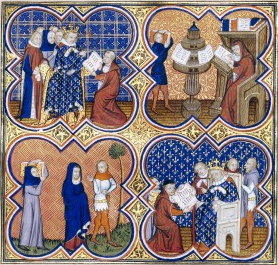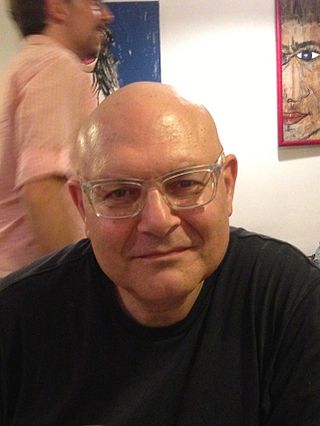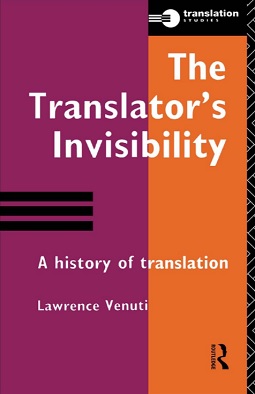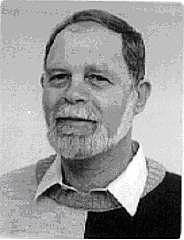
Literary criticism is the study, evaluation, and interpretation of literature. Modern literary criticism is often influenced by literary theory, which is the philosophical discussion of literature's goals and methods. Though the two activities are closely related, literary critics are not always, and have not always been, theorists.
Educational assessment or educational evaluation is the systematic process of documenting and using empirical data on the knowledge, skill, attitudes, aptitude and beliefs to refine programs and improve student learning. Assessment data can be obtained from directly examining student work to assess the achievement of learning outcomes or can be based on data from which one can make inferences about learning. Assessment is often used interchangeably with test, but not limited to tests. Assessment can focus on the individual learner, the learning community, a course, an academic program, the institution, or the educational system as a whole. The word 'assessment' came into use in an educational context after the Second World War.
Translation studies is an academic interdiscipline dealing with the systematic study of the theory, description and application of translation, interpreting, and localization. As an interdiscipline, translation studies borrows much from the various fields of study that support translation. These include comparative literature, computer science, history, linguistics, philology, philosophy, semiotics, and terminology.
Jonathan Culler is an American literary critic. He was Class of 1916 Professor of English and Comparative Literature at Cornell University. His published works are in the fields of structuralism, literary theory and literary criticism.
Source criticism is the process of evaluating an information source, i.e.: a document, a person, a speech, a fingerprint, a photo, an observation, or anything used in order to obtain knowledge. In relation to a given purpose, a given information source may be more or less valid, reliable or relevant. Broadly, "source criticism" is the interdisciplinary study of how information sources are evaluated for given tasks.
Antoine Berman was a French translator, philosopher, historian and theorist of translation.

Translation is the communication of the meaning of a source-language text by means of an equivalent target-language text. The English language draws a terminological distinction between translating and interpreting ; under this distinction, translation can begin only after the appearance of writing within a language community.
André Alphons Lefevere was a translation theorist. He had studied at the University of Ghent (1964–1968) and then obtained his PhD at the University of Essex in 1972. When he died of acute leukemia, he was Professor of Germanic Studies at the University of Texas at Austin.

Lawrence Venuti is an American translation theorist, translation historian, and a translator from Italian, French, and Catalan.
Katharina Reiss was a German linguist and translation scholar.
Skopos theory, a theory in the field of translation studies, employs the prime principle of a purposeful action that determines a translation strategy. The intentionality of a translational action stated in a translation brief, the directives, and the rules guide a translator to attain the expected target text translatum.
Anthony David Pym is a scholar best known for his work in translation studies.
Françoise Massardier-Kenney is a translator and translation scholar.
A translation project is a project that deals with the activity of translating.

Mona Baker is a professor of translation studies and Director of the Centre for Translation and Intercultural Studies at the University of Manchester in England.

The Translator's Invisibility: A History of Translation is a translation studies book by Lawrence Venuti originally released in 1995. A second, substantially revised edition was published in 2008.
Pour une critique des traductions: John Donne is a posthumous book by Antoine Berman, published in 1995.

Gideon Toury was an Israeli translation scholar and professor of Poetics, Comparative Literature and Translation Studies at Tel Aviv University, where he held the M. Bernstein Chair of Translation Theory. Gideon Toury was a pioneer of Descriptive Translation Studies.
The Interpretive Theory of Translation (ITT) is a concept from the field of Translation Studies. It was established in the 1970s by Danica Seleskovitch, a French translation scholar and former Head of the Paris School of Interpreters and Translators. A conference interpreter herself, Seleskovitch challenged the view prevailing at the time that translation was no more than a linguistic activity, one language being merely transcoded into another. She described translation as a triangular process: from one language to sense and from sense to the other language. She coined the name Interpretive Theory of Translation and, even before Translation Studies became a field in its own right, introduced the process of translation into the vast area of cognitive research. In order to verify the first observations made as a practitioner, Seleskovitch went on to write a doctoral thesis. Soon, a handful of conference interpreters interested in research joined her at ESIT.
Maria Fleming Tymoczko is a scholar of comparative literature who has written about translation, medieval Celtic literature, and modern Irish literature including the works of James Joyce. She is a professor of comparative literature at the University of Massachusetts Amherst, and the former president of the Celtic Studies Association of North America. She is known for her calls for a more international and multicultural perspective on translation.






